All Stories
-
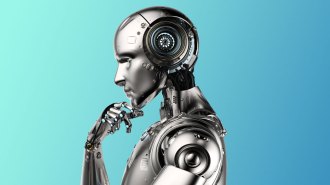 Artificial Intelligence
Artificial IntelligenceA will to survive might take AI to the next level
Neuroscientists argue that the biological principle of homeostasis will lead to improved, “feeling” robots.
-
 Health & Medicine
Health & MedicineVitamin E acetate is a culprit in the deadly vaping outbreak, the CDC says
Researchers detected vitamin E oil in all samples of lung fluid from 29 patients suffering from lung injuries tied to e-cigarettes.
-
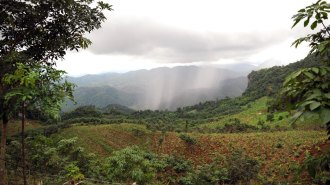 Earth
EarthGeology, not CO2, controlled monsoon intensity in Asia’s ancient past
For millions of years, shifting geologic plates — not carbon dioxide levels —held the most sway over the intensity of Asia’s seasonal winds and rains.
-
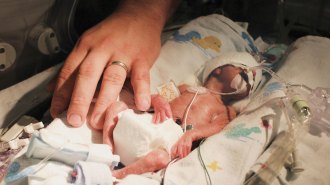 Health & Medicine
Health & MedicineMom’s immune system and microbiome may help predict premature birth
Analyzing patients’ immune systems, microbiomes and more, researchers find signals to pinpoint and halt premature labor.
-
 Humans
HumansThe medieval Catholic Church may have helped spark Western individualism
Early Catholic Church decrees transformed families and may help explain why Western societies today tend to be individualistic and nonconformist.
By Sujata Gupta -
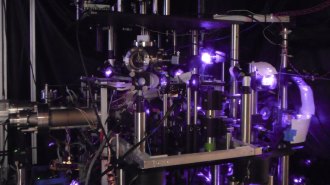 Physics
PhysicsTrapping atoms in a laser beam offers a new way to measure gravity
A new type of experiment to measure the strength of Earth’s gravity uses atoms suspended in light rather than free-falling atoms.
-
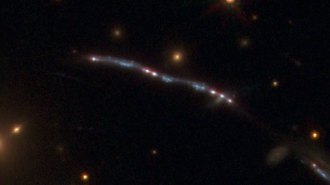 Space
SpaceLight leaking from a distant galaxy hints at a cosmic makeover’s origins
Ultraviolet light slips through a hole in a distant galaxy’s gas. Older galaxies might have used the trick to ionize most of the universe’s hydrogen.
-
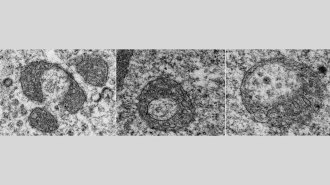 Life
LifeSelf-destructing mitochondria may leave some brain cells vulnerable to ALS
Mitochondria that appear to dismantle themselves in certain brain cells may be a first step toward ALS, a mouse study suggests.
-
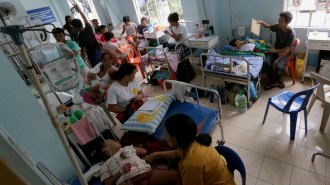 Health & Medicine
Health & MedicineA new dengue vaccine shows promise — at least for now
The latest vaccine against dengue shows promise in protecting children from the disease, but will need longer term study to ensure kids are safe from future infections.
-
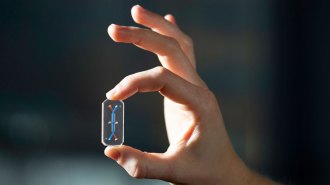 Health & Medicine
Health & MedicineA human liver-on-a-chip may catch drug reactions that animal testing can’t
An artificial organ may better predict serious drug side effects than animal testing does.
-
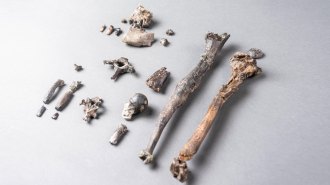 Humans
HumansFossils suggest tree-dwelling apes walked upright long before hominids did
A partial skeleton from an 11.6-million-year-old European ape still doesn’t answer how hominids adopted a two-legged gait.
By Bruce Bower -
 Neuroscience
NeurosciencePeople who lack olfactory bulbs shouldn’t be able to smell. But some women can
Some women who appear to lack the brain structures that relay scent messages still have an average sense of smell, and scientists have no idea how.
By Sofie Bates